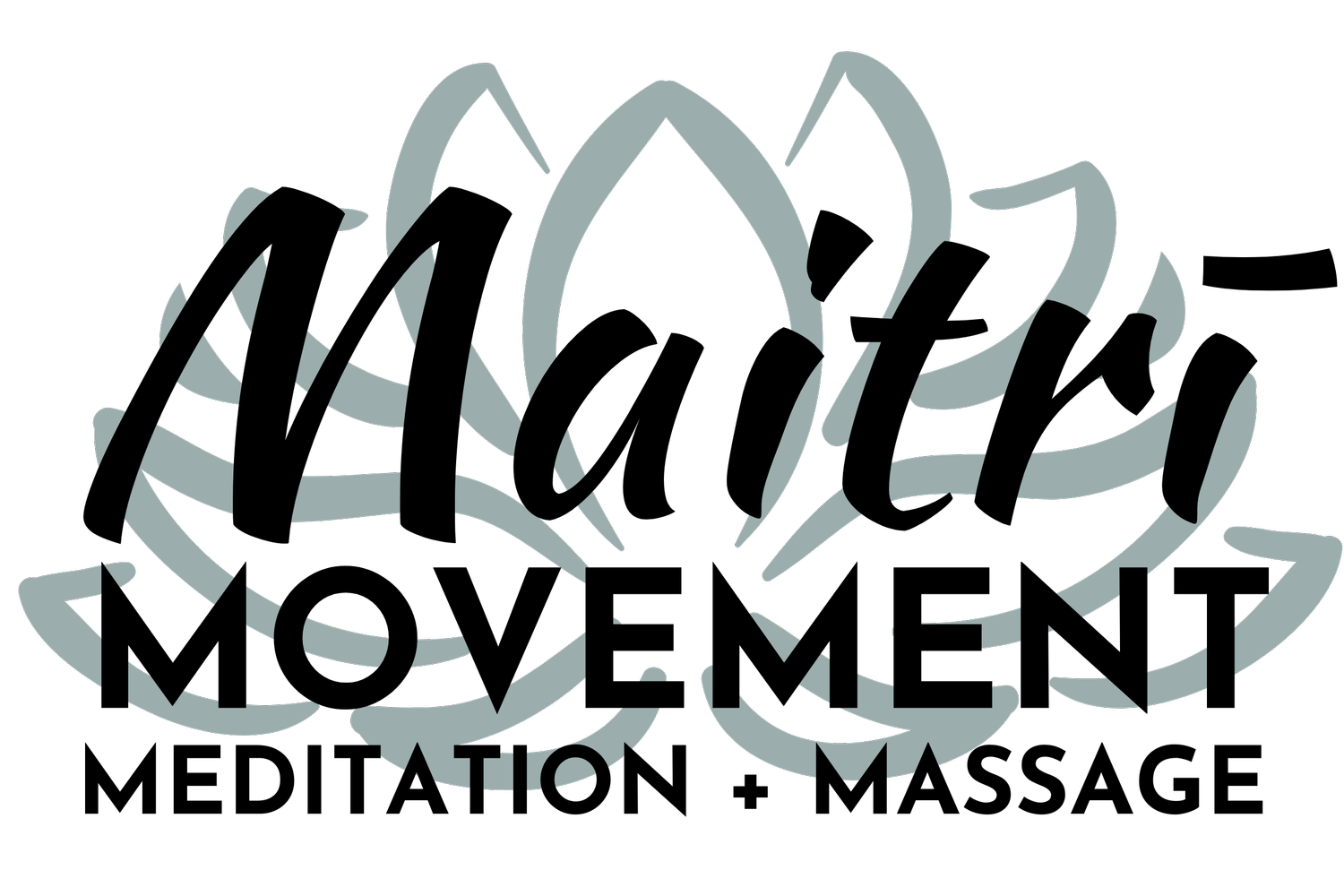Meditation group meets book club! Join us the first and third Mondays of the month, 5:30-6:30pm. We’ll discuss books on topics such as lifestyle, self-help, neuroscience, and mindfulness, and we’ll explore a variety of mindfulness meditation styles. Seasoned and new meditators welcome.
Feb/March - Welcoming the Unwelcome: Wholehearted Living in a Brokenhearted World, By Pema Chödrön
February 4 - Chapters 1 through 5, plus “Basic Sitting Meditation” (See discussion questions at bottom of this page.)
February 19 - Chapters 6 through 10, plus “Tonglen Practice”
March 4 - Chapters 11 through 15, plus “Locate, Embrace, Stop, Remain”
March 18 - Chapters 16 through 20
April/May - The Wakeful Body: Somatic Mindfulness as a Path to Freedom, By Willa Baker
April 1 - Introduction, Chapters 1 and 2.
April 15 - Chapters 3 and 4.
May 6 - Chapters 5 and 6.
May 20 - Chapters 7 and 8, Conclusion.
June/July - Belonging: The Science of Creating Connection and Bridging Divides, By Geoffrey L. Cohen
August/September - Rooted: Life at the Crossroads of Science, Nature, and Spirit, By Lyanda Lynn Haupt
October/November - The Book of Awakening: Having the Life You Want by Being Present to the Life You Have, By Mark Nepo
Discussion Questions for February 19th (Chapters 5-8, +Tonglen Practice):
Welcoming the Unwelcome
For each chapter:
Points of interest?
Key takeaways?
Things that challenged your current expectations, perceptions, beliefs, etc?
Chapter 5:
What are some “muddy” areas of your life that have shaped who you are?
Where are you in your journey of accepting those experiences or aspects of your history / yourself?
Choose an experience or aspect that you haven’t yet fully integrated, and practice the “holding the rawness of vulnerability” exercise (pg 33, 37).
Chapter 6:
Practice noticing what you appreciate as you move through your day or week (pg 43). Pay particular attention to the small or ordinary things that happen. Reflect on how this feels, and what shifts or comes up for you.
Try the ‘pay special attention to strangers’ exercise (pg 44). Reflect on how this feels, and what shifts or comes up for you.
From page 46: “Could it really be true that our neurotic habits and dysfunctional patterns will begin to heal on their own if we just stay present with them instead of indulging or running away?” How does it feel to consider that this may truly be a possibility?
Chapter 7:
In what types of situations, environments, or with what types of people do you notice yourself more likely to get “hooked” by your emotions?
What do you notice or how do you feel after you realize you've “[lost] awareness” or “[gone] unconscious?” How does it show up in your body?
From page 55: “The overall point here is that the way not to lose heart is to realize how everything we do matters.” What does this statement mean to you? How do you square it with the “Does it matter?” exercise from chapter 2 (pg 12)?
Chapter 8:
What is your comfort zone? Your learning/challenge zone? Your excessive risk zone?
From page 61: “The interesting thing is that the more willing you are to step out of your comfort zone, the more comfortable you feel in your life.” What does this statement mean to you? Does it seem paradoxical? In what ways have you noticed or experienced it in your life?
Tonglen practice:
We’ll try tonglen practice together at our next gathering!


